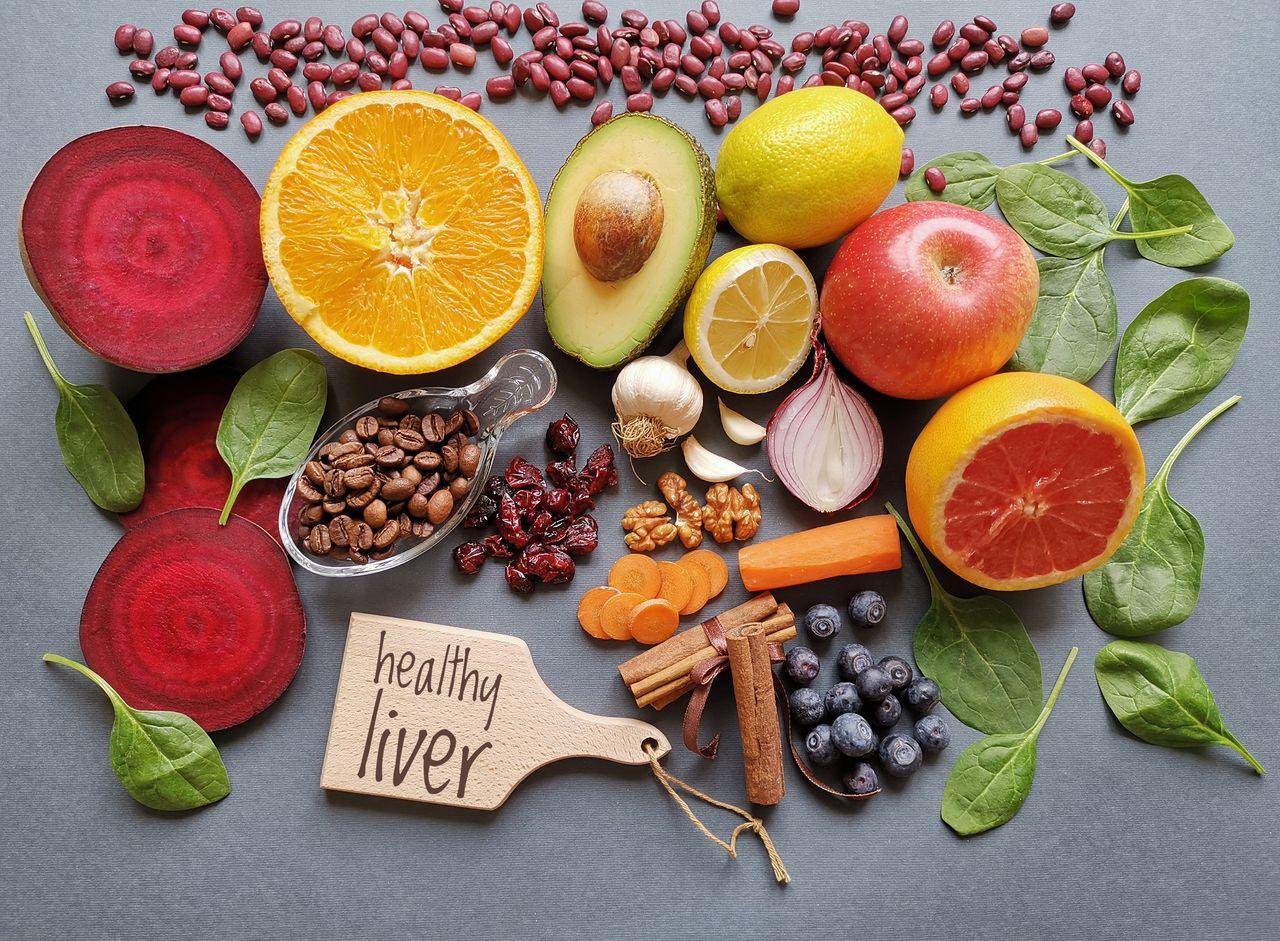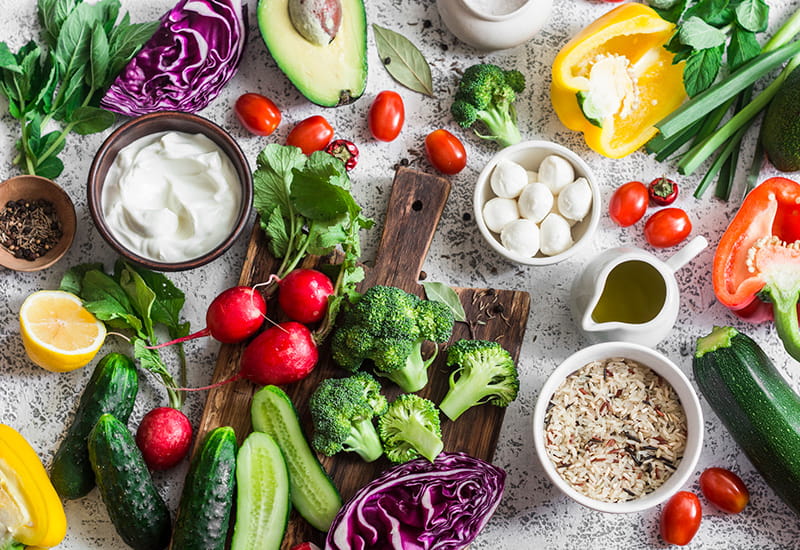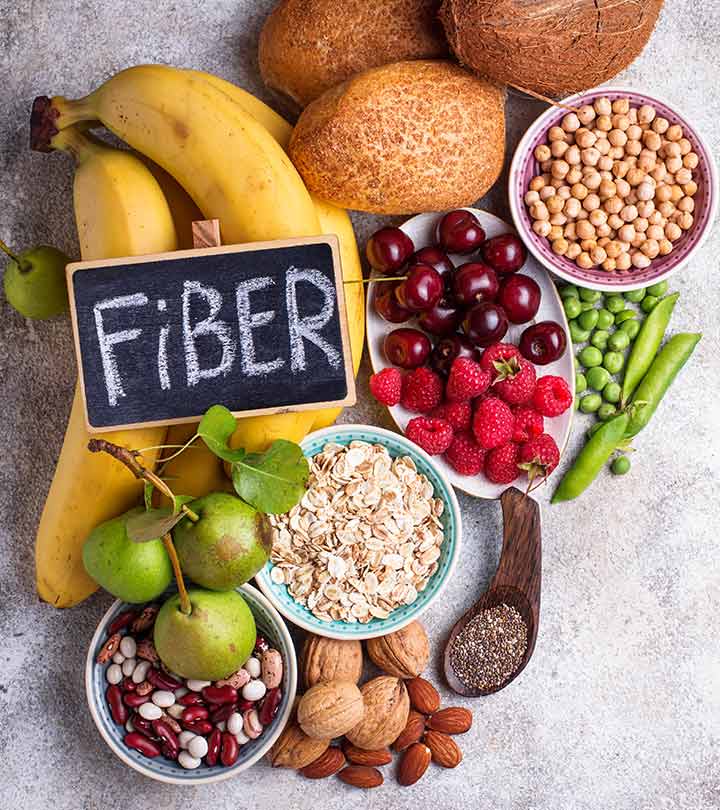Cumin Benefits for Health
cumin health benefits include its ability to aid in digestion, improve immunity, and treat skin disorders and insomnia. It also helps treat anemia, boils, cancer, and respiratory disorders such as asthma and bronchitis.
What is Cumin?
Cumin (Cuminum cyminum) is a flowering plant which belongs to the family Apiaceae. Cumin seeds are extensively used as a condiment or a spice in culinary practices of the Indian Subcontinent and some other Asian, African and Latin American countries. Both whole and ground cumin is used as a staple in various dishes due to its distinct warm and earthy flavor. Because of its strong aroma, only a small amount of cumin essential oil is used in recipes to provide them with a powerful punch. Both cumin and cumin essential oil boasts a number of important nutrients that can help keep you healthy.
Health Benefits of Cumin

Let us look at some of the most important benefits of it in detail.
Regulates Digestion
It is extremely good for treating digestive problems.It is also a carminative, which means that it relieves you from gas troubles, and thereby, improves digestion and appetite. Due to its essential oils, magnesium, and sodium content, cumin promotes digestion and also gives relief from stomachaches when taken with hot water.
The very aroma, which comes from an organic compound called cuminaldehyde, the main component of its essential oil, activates the salivary glands in the mouth, which facilitates the primary digestion of food. Next is thymol, a compound present in cumin, which stimulates the glands that secrete acids, bile, and enzymes responsible for complete digestion of the food in the stomach and intestines.
Rich in Iron
It is a rich source of iron which helps in increasing hemoglobin levels, improving blood flow and also promoting a healthy menstrual cycle.
Boosts Immunity
An abundance of iron, the presence of essential oils, vitamin C, and vitamin A in cumin boosts our immune system in a number of ways. Vitamin C is one of the most powerful antioxidants that stimulate the function and activity of white blood cells. It further helps neutralize free radicals that lead to many diseases, including, but not limited to, cardiovascular diseases and cancer.
Skin Care
It helps in protecting skin against fungal and microbial infections due to its disinfectant and antifungal properties. It also aids in reducing signs of premature aging like wrinkles, age spots, and sagging skin. This effect is due to the presence of vitamin E which acts as an antioxidant and combats the free radicals.
Treats Insomnia
It is a stimulant as well as a relaxant at the same time. Some of the components of cumin essential oil are hypnotic in nature and have tranquilizing effects, which also help relieve stress and anxiety that commonly cause insomnia.
Lowers Cholesterol
It has hypolipidemic properties, which helps to control high levels of fats.To reduce your cholesterol levels you can eat its powder mixed with yogurt.
Prevents Anemia
Iron-rich cumins can be a nutritious addition to the daily diet of anemic people. It helps relieve the symptoms of anemia like fatigue, anxiety, cognitive malfunction, and digestive issues.
Bone Health
Calcium in it helps in increasing the bone-density, thereby delaying the onset of osteoporosis.
Treats Boils
Regular use of it in food also helps in preventing boils, rashes, pimples, and other signs of excess toxic content. Components such as cuminaldehyde, thymol, and phosphorus are good detoxifying agents which help in the regular removal of toxins from the body. The healthy way of removing toxins is through the excretory system, not through boils.
Prevents Cancer
Due to its antioxidant, chemopreventive, and anti-carcinogenic properties prevents various cancer, especially colon and breast cancer.
Cumin Nutrition
It is an excellent source of iron, manganese, magnesium, calcium, phosphorus, and vitamin B1. Other vitamins present in it include thiamine, riboflavin, niacin, vitamin A, C, E, K, and vitamin B6. Cumin contains minerals such as copper, zinc, and potassium. It is also rich in protein, amino acids, carbohydrates, dietary fiber, and a reasonable amount of fats and fatty acids. It is very low in saturated fats, sodium, and cholesterol. Consuming about one teaspoon of cumin daily can help you meet your daily nutrient requirements.






